Terpenes are the unsung heroes of the cannabis world, infusing each strain with a unique bouquet of scents and flavors that delight the senses. These natural compounds do much more than just add aromatic depth; they play a crucial role in defining the therapeutic and experiential qualities of cannabis. By interacting with cannabinoids like THC and CBD, terpenes can enhance or modify the plant’s effects, contributing to the entourage effect—a synergy that potentially amplifies the plant’s benefits. From the calming notes of myrcene to the uplifting zest of limonene, terpenes weave a complex tapestry of aroma and influence, making cannabis a richly diverse and multifaceted plant. Their study and appreciation not only deepen our understanding of cannabis’s potential but also highlight the intricate ways in which nature’s chemistry interacts with human biology.
What are Terpenes?
Terpenes are volatile organic compounds found across the plant kingdom, responsible for the aromatic and flavor profiles of various plants and flowers. Chemically, terpenes are hydrocarbons (compounds made up of hydrogen and carbon), and their structures can be simple or complex, consisting of repeating units of a five-carbon molecule known as isoprene. This structural diversity allows terpenes to produce a wide range of scents and flavors, from the citrusy freshness of limonene to the earthy undertones of myrcene.
Plants produce terpenes through a sophisticated biochemical process in specialized structures like trichomes in cannabis. These compounds play several vital roles in a plant’s life, primarily in ecological interactions. For example, terpenes can repel herbivorous predators by emitting strong odors or toxic effects, thereby protecting the plant from being consumed. Conversely, they can also attract pollinators like bees and butterflies with their enticing aromas, facilitating the plant’s reproduction process.
In the context of cannabis, terpenes do more than just contribute to the plant’s scent and flavor profile; they are key players in the entourage effect. This phenomenon refers to the synergistic interaction between cannabinoids (such as THC and CBD) and terpenes, which can enhance or modulate the effects of cannabis on the body. For instance, some terpenes might amplify the therapeutic benefits of cannabinoids, like pain relief or anti-inflammatory properties, while others could affect the psychological impact of THC, potentially reducing anxiety or altering the intensity of the high. This intricate interplay between cannabinoids and terpenes opens up a realm of possibilities for tailored cannabis experiences and therapies, highlighting the plant’s complexity and the potential for holistic wellness benefits.
All the Types of Terpenes
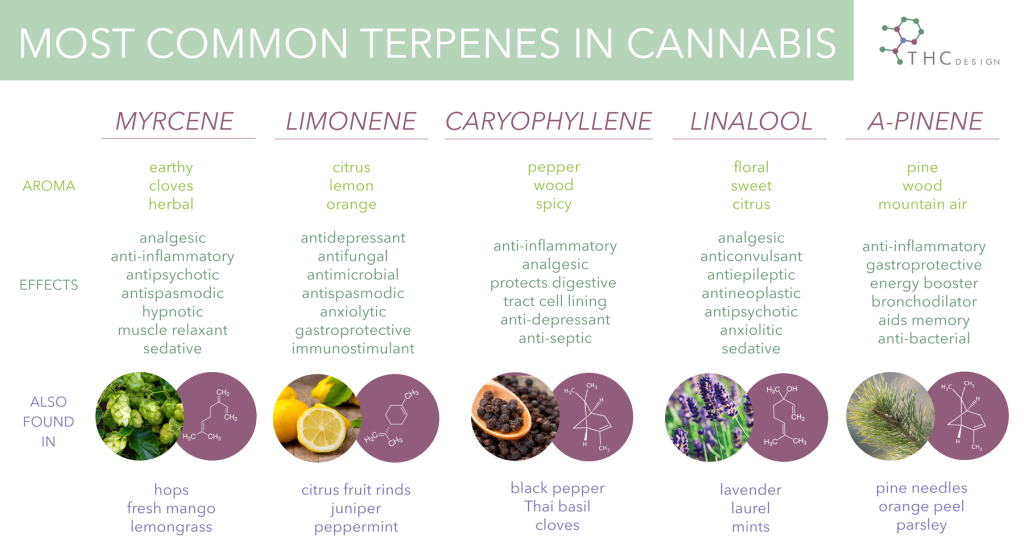
The diverse world of terpenes is categorized based on their chemical structure, primarily focusing on the number of isoprene units they contain. This categorization not only helps in understanding their biological roles but also aids in exploring their therapeutic potential. Here’s an overview of the primary types of terpenes found in nature, including in the rich tapestry of cannabis.
Monoterpenes
Monoterpenes consist of two isoprene units, making them the simplest form of terpenes. They are known for their volatile nature and strong aromas, contributing to the floral, citrusy, and sometimes piney scents in plants. Monoterpenes are often used in essential oils and have shown potential in therapeutic applications due to their anti-inflammatory, antioxidant, and antimicrobial properties. Examples include Limonene, with its distinct citrus aroma found in lemon and orange peels, and Pinene, which has a fresh pine scent and is abundant in pine trees as well as cannabis.
Sesquiterpenes
Sesquiterpenes are composed of three isoprene units, making them more complex and less volatile than monoterpenes. They contribute to the more subtle, earthy, and musky aromas in plants and have a range of potential health benefits, including anti-inflammatory and antibacterial effects. Caryophyllene is a notable sesquiterpene found in black pepper, cloves, and cannabis; it’s unique because it can also interact with the endocannabinoid system in the human body, much like cannabinoids.
Diterpenes
Diterpenes consist of four isoprene units. They are less common in essential oils due to their higher boiling points but play crucial roles in the plant’s physiology and defense mechanisms. Diterpenes have been studied for their anti-inflammatory and anticancer properties. An example of a diterpene is Cafestol, found in coffee beans, highlighting the diversity of terpenes beyond the aromatic and therapeutic realms.
Triterpenes and Beyond
Triterpenes contain six isoprene units, making them even more complex. While less volatile and not as commonly found in cannabis, triterpenes play significant roles in traditional medicine, exhibiting anti-inflammatory, antiviral, and liver-protective properties. An example is Ursolic acid, found in apple peels.
Terpene Chart
| Terpene | Natural Sources | Aromatic Profile | Potential Health Benefits | Boiling Point (°C) | Cannabis Strains |
|---|---|---|---|---|---|
| Myrcene | Mango, lemongrass, hops, thyme | Earthy, musky, fruity | Analgesic, anti-inflammatory, sedative effects | 166-168 | OG Kush, Blue Dream, Granddaddy Purple |
| Limonene | Citrus rinds, rosemary, peppermint | Citrusy | Mood enhancement, anti-stress, antibacterial, antioxidant | 176 | Super Lemon Haze, Jack Herer, Do-Si-Dos |
| Terpinolene | Apples, cumin, lilac, tea tree | Piney, floral, herbal | Antioxidant, sedative, antimicrobial, potentially anticancer | 185-190 | Ghost Train Haze, Jack Herer, Chernobyl |
| Caryophyllene | Black pepper, cloves, cinnamon | Spicy, woody, peppery | Anti-inflammatory, antioxidant, analgesic, affinity for CB2 receptors | 119-122 | GSC (Girl Scout Cookies), Chemdawg, Sour Diesel |
| Pinene | Pine needles, rosemary, basil, parsley | Pine, resinous | Anti-inflammatory, bronchodilator, anti-anxiety, cognitive enhancement | 155 | Blue Dream, Dutch Treat, Romulan |
| Humulene | Hops, coriander, cloves | Earthy, woody | Anti-inflammatory, appetite suppressant | 198-199 | Skywalker OG, Headband, Girl Scout Cookies |
| Linalool | Lavender, mint, cinnamon | Floral, spicy | Anti-anxiety, sedative, anti-inflammatory, analgesic | 198 | Amnesia Haze, Lavender, LA Confidential |
| Farnesene | Apple peels, green apples, hops | Green, fruity | Anti-inflammatory, antioxidant, insect repellent | Not widely reported | Strains with apple or green notes |
Terpenes and Wellness
The therapeutic potential of terpenes extends far beyond their pivotal role in nature’s olfactory signals; scientific research is increasingly validating their profound health benefits. These aromatic compounds are not just responsible for the scent of an orange or the resinous aroma of pine; they also play significant roles in holistic health practices and modern wellness products.
Therapeutic Potential of Terpenes
- Anti-inflammatory Effects: Terpenes like myrcene and beta-caryophyllene have been studied for their anti-inflammatory properties, offering potential natural remedies for conditions like arthritis and fibromyalgia. Myrcene, for instance, has shown promise in reducing pain and inflammation in preclinical studies.
- Anti-anxiety and Sedative Effects: Linalool and limonene are notable for their ability to alleviate stress and anxiety, with linalool also providing sedative benefits. These effects make them valuable in treating anxiety disorders and promoting relaxation.
- Antioxidant Properties: Terpinolene and limonene possess antioxidant properties, which help in neutralizing harmful free radicals in the body, potentially reducing the risk of chronic diseases such as cancer and heart disease.
Integration into Wellness Products
The recognition of terpenes’ health benefits has led to their integration into a wide array of wellness products, making the therapeutic aspects of these compounds more accessible to the public.
- Essential Oils and Aromatherapy: Essential oils rich in specific terpenes are used in aromatherapy to promote relaxation, improve mood, and enhance sleep quality. For example, lavender oil, high in linalool, is widely used for its calming effects.
- CBD Products: The burgeoning CBD industry has embraced terpenes to enhance the therapeutic efficacy of their products through the entourage effect. Products are now being formulated with specific terpene profiles to target issues such as anxiety, insomnia, and inflammation.
- Topical Creams and Balms: Terpenes like caryophyllene are added to topical products for their anti-inflammatory and analgesic properties, offering localized relief from pain and inflammation without systemic effects.
- Dietary Supplements: Some terpenes are being explored in dietary supplements for their health-promoting properties, such as boosting immunity and supporting respiratory health.
The integration of terpenes into wellness products is a testament to the growing appreciation of plant-based compounds in enhancing well-being. Supported by scientific research, terpenes offer a bridge between traditional herbal wisdom and modern health practices, promising a more natural and holistic approach to health and wellness. As the body of evidence grows, so does the potential for terpenes to revolutionize the way we approach personal care, dietary supplements, and therapeutic practices.
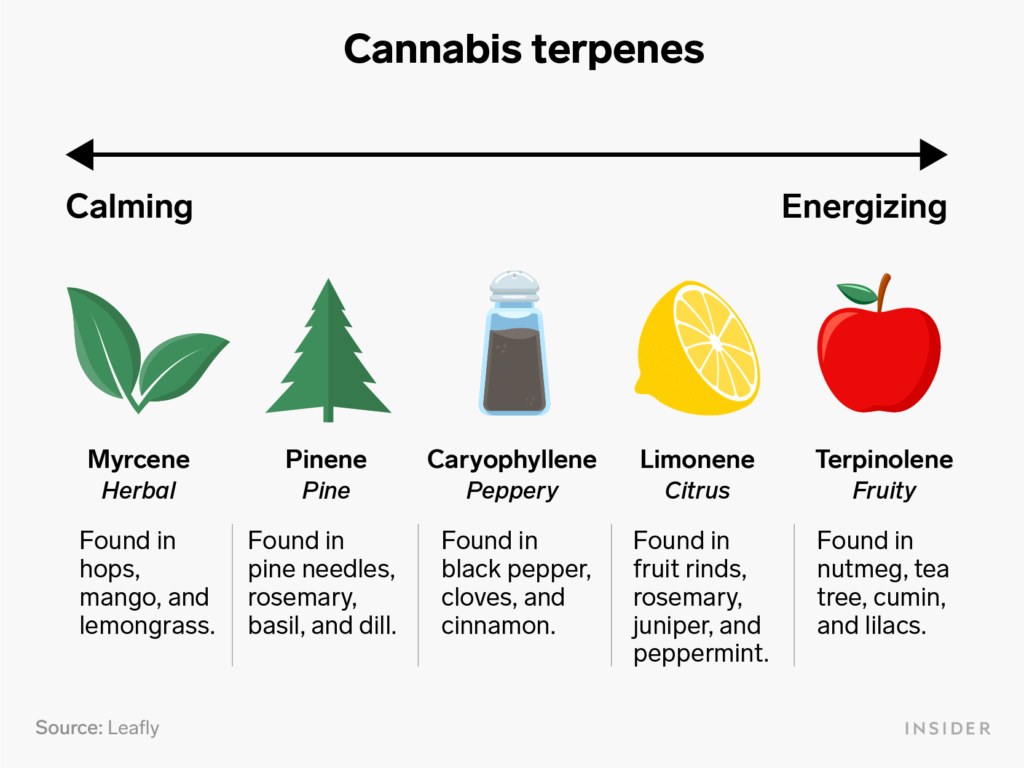
FAQs on Terpenes
- What exactly are terpenes, and why are they important? Terpenes are aromatic compounds produced by many plants, including cannabis, contributing to their unique scents and flavors. Beyond their sensory appeal, terpenes play crucial ecological roles, such as attracting pollinators and deterring predators. In humans, they have potential therapeutic effects, including anti-inflammatory, anti-anxiety, and analgesic properties, making them significant in both nature and wellness.
- Can terpenes be found in foods, and do they have health benefits when consumed? Yes, terpenes are present in a wide variety of foods, including fruits, vegetables, herbs, and spices. Limonene, found in citrus fruits, and linalool, present in lavender, are just two examples. These compounds can offer health benefits ranging from antioxidant and anti-inflammatory effects to mood enhancement, showcasing the functional role of terpenes in nutrition and health.
- How do terpenes interact with cannabinoids in cannabis? Terpenes and cannabinoids like THC and CBD interact synergistically in what is known as the entourage effect. This interaction can enhance or modify the effects of cannabis, potentially improving its therapeutic benefits. For example, myrcene is believed to increase the potency of THC, while limonene can elevate mood and reduce stress, complementing CBD’s effects.
- Are terpenes safe to use in everyday products? Generally, terpenes are considered safe when used appropriately. They are commonly found in essential oils, perfumes, and flavorings. However, concentration is key; high doses or improper use can lead to irritation or adverse reactions. Always follow usage guidelines for terpene-rich products, especially those intended for ingestion or topical application.
- How can I incorporate terpenes into my wellness routine? Incorporating terpenes into your wellness routine can be as simple as using essential oils for aromatherapy, choosing terpene-rich foods for their flavor and potential health benefits, or selecting CBD products formulated with specific terpenes to target certain effects. Always start with small amounts to see how your body responds, and consider consulting with a healthcare professional to tailor their use to your wellness goals.
- Do Terpenes impact the potency and high of weed? Yes, terpenes can significantly impact the potency and high experienced from consuming cannabis. While they don’t directly affect the potency in terms of THC concentration, terpenes work synergistically with cannabinoids through the entourage effect to influence the overall experience. Certain terpenes like myrcene are thought to enhance THC’s psychoactive effects, potentially leading to a more intense high. Others, such as limonene and pinene, can modulate the effects by promoting relaxation or alertness, respectively, thereby affecting the quality and type of high experienced. This synergy underscores the complexity of cannabis and the importance of considering both terpene and cannabinoid profiles for desired effects.
Final Thoughts
As we delve into the aromatic world of terpenes, it becomes clear that these compounds are not just the essence of nature’s perfume but also bearers of significant therapeutic potential. With their ability to influence mood, enhance wellness, and even alter the efficacy and experience of cannabis, terpenes stand at the crossroads of nature, science, and well-being.
Understanding terpenes and their synergistic effects with cannabinoids like THC and CBD underscores the importance of choosing high-quality cannabis and CBD products that leverage these natural compounds to their fullest potential. Whether you’re seeking relief from stress, pain, inflammation, or simply wish to enhance your sensory experience, selecting products with a rich and well-balanced terpene profile is key.
This is where BulkWeedInBox comes into play. Offering a curated selection of cannabis and CBD products that highlight the natural benefits of terpenes, BulkWeedInBox invites you to explore a more personalized approach to your wellness journey. From aromatic flowers rich in specific terpenes to expertly formulated CBD products designed to harness the entourage effect, you have the opportunity to experience the best that nature has to offer.
So why wait? Dive into the diverse world of terpenes with BulkWeedInBox and discover how these powerful compounds can elevate your health and wellness experience. Visit BulkWeedInBox today and take the first step towards a more natural, balanced, and therapeutic lifestyle.

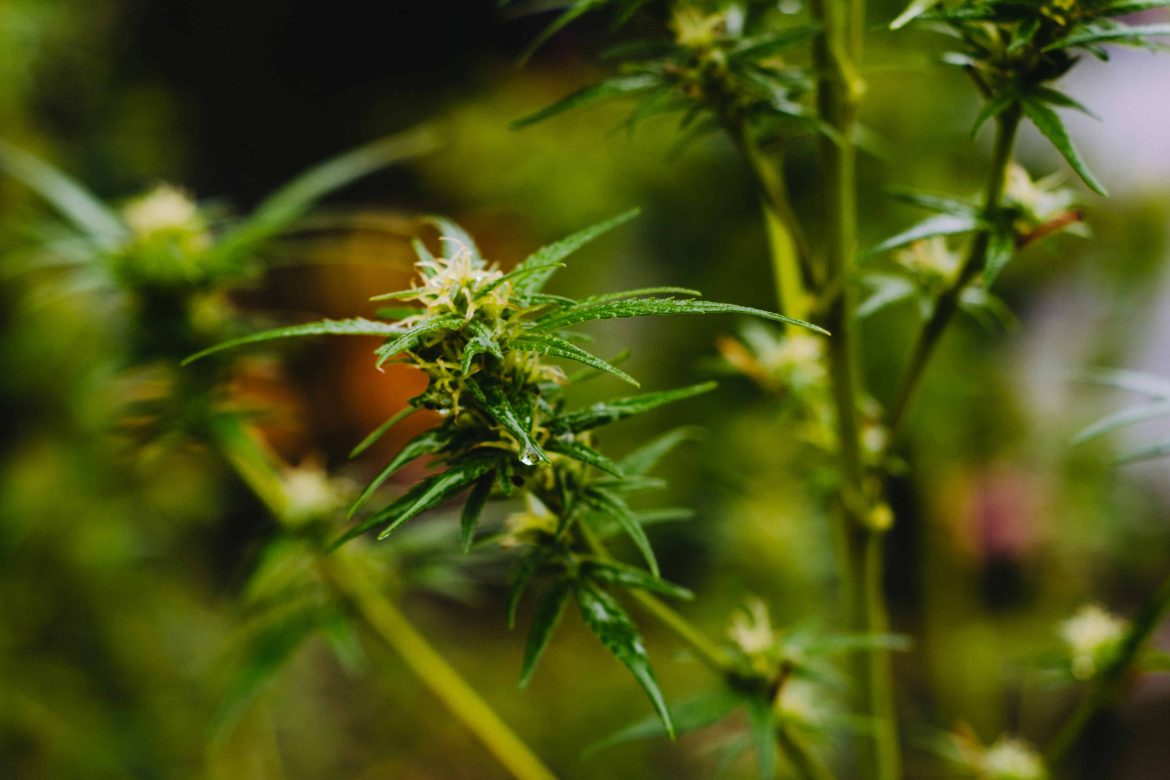



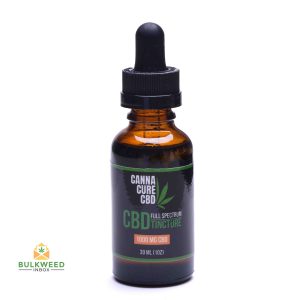
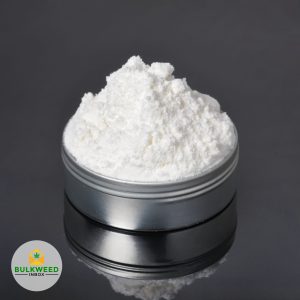


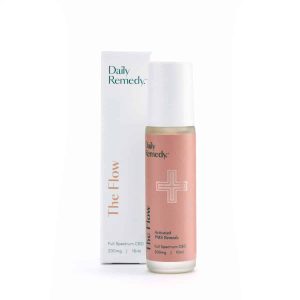



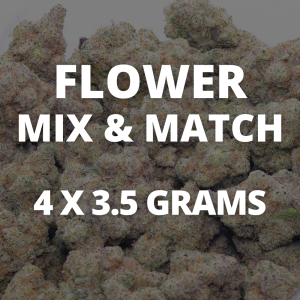

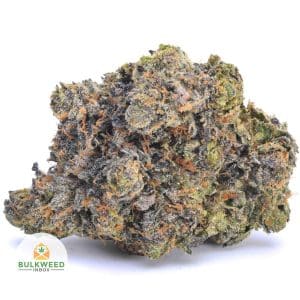
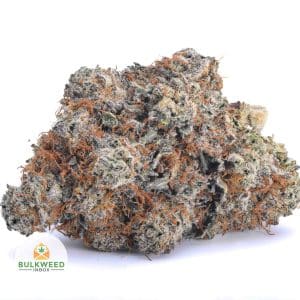
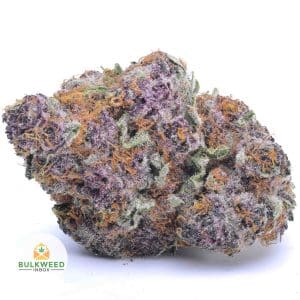
Leave a comment